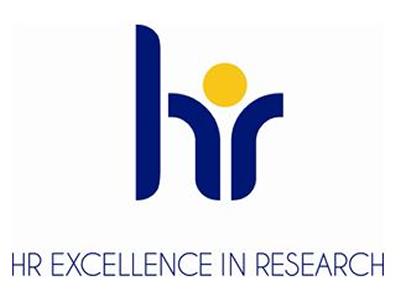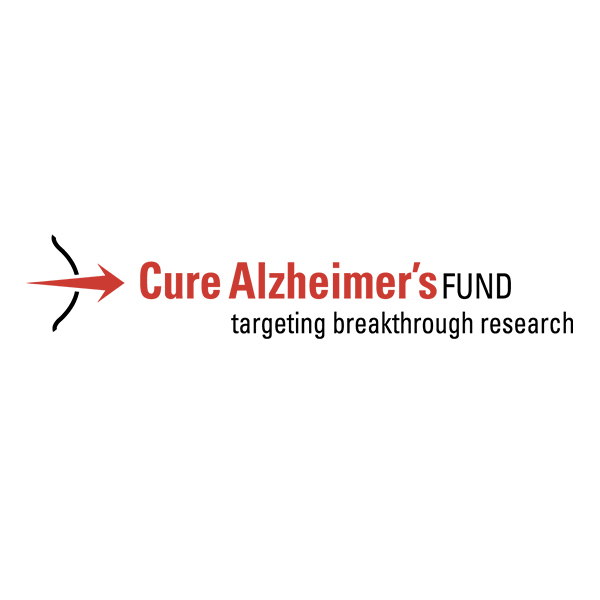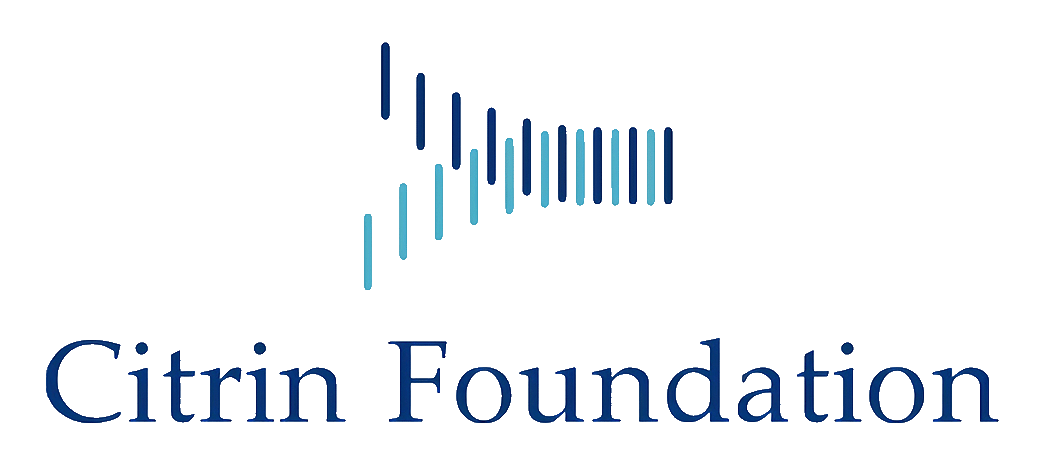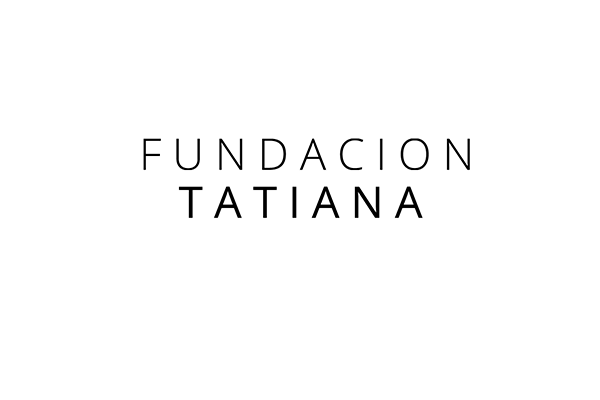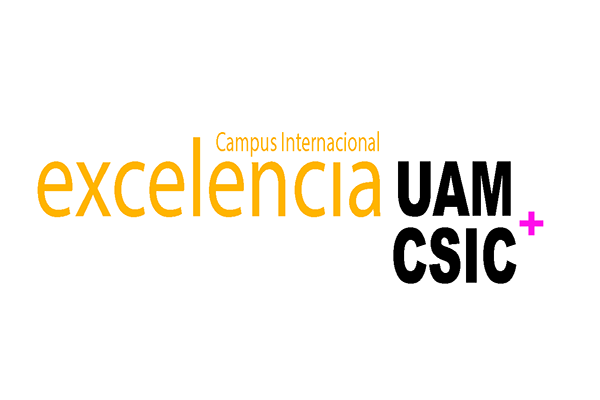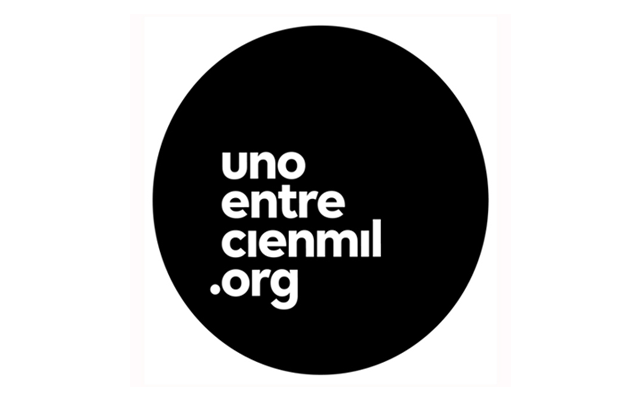Adult neurogenesis and neurodegenerative diseases
Research summary:
Our research group investigates the mechanisms that control adult hippocampal neurogenesis, both under physiological and pathological conditions. We perform in vivo and in vitro studies animal models of different diseases, and also use human brain samples. In particular, we are interested in determining the therapeutic potential of increasing adult hippocampal neurogenesis for the treatment of neurodegenerative diseases such as Alzheimer´s disease (AD), Huntington´s disease, Parkinson´s disease, or ALS, and psychiatric conditions. The hippocampus plays a pivotal role in learning and memory. Furthermore, a unique feature of this structure is the existence of adult neurogenesis. The process of adult hippocampal neurogenesis encompasses the birth and functional integration of newborn neurons throughout lifetime. Adult hippocampal circuit confers and extraordinary degree of plasticity to the circuit. Thus, we work to develop strategies capable of increasing the functionality of newborn neurons.
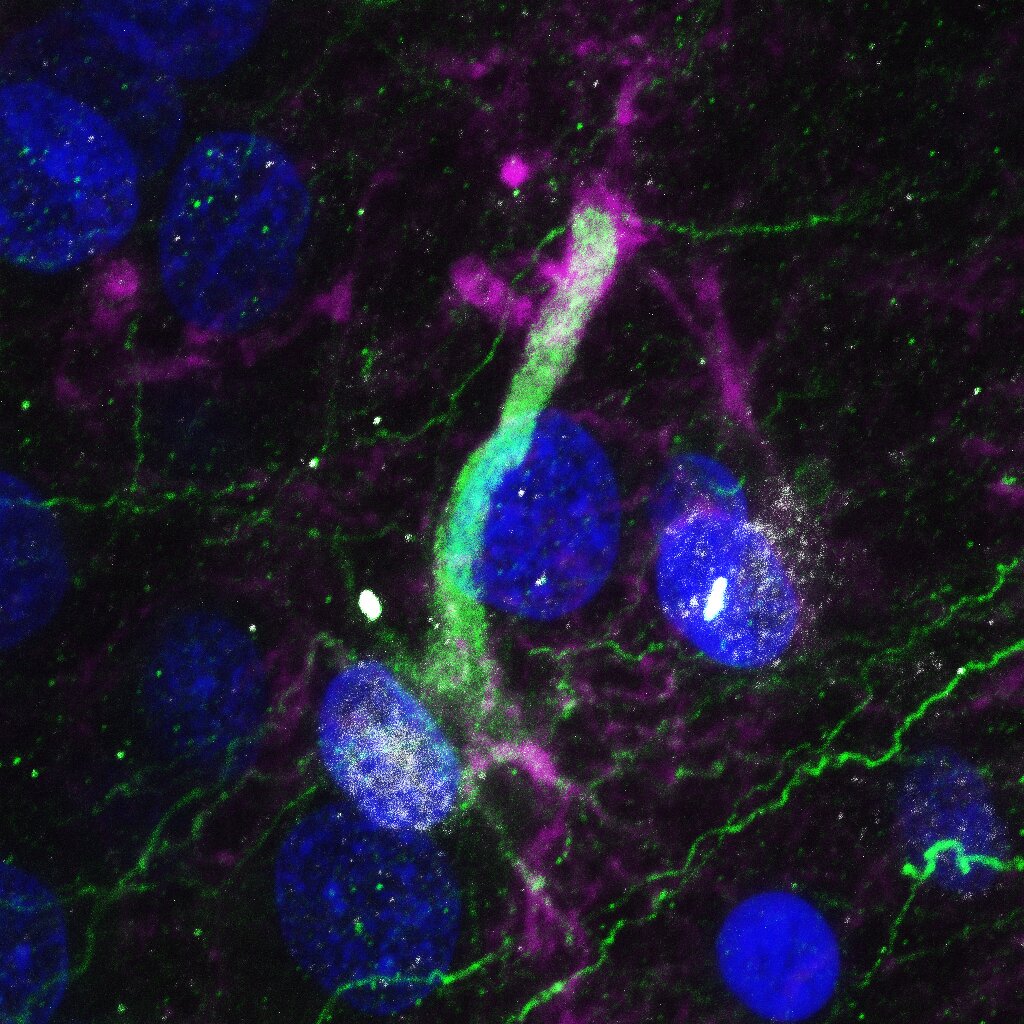
Image of the human dentate gyrus showing the presence of neural stem cells in the adult human hippocampus. Credits: LlorensLab
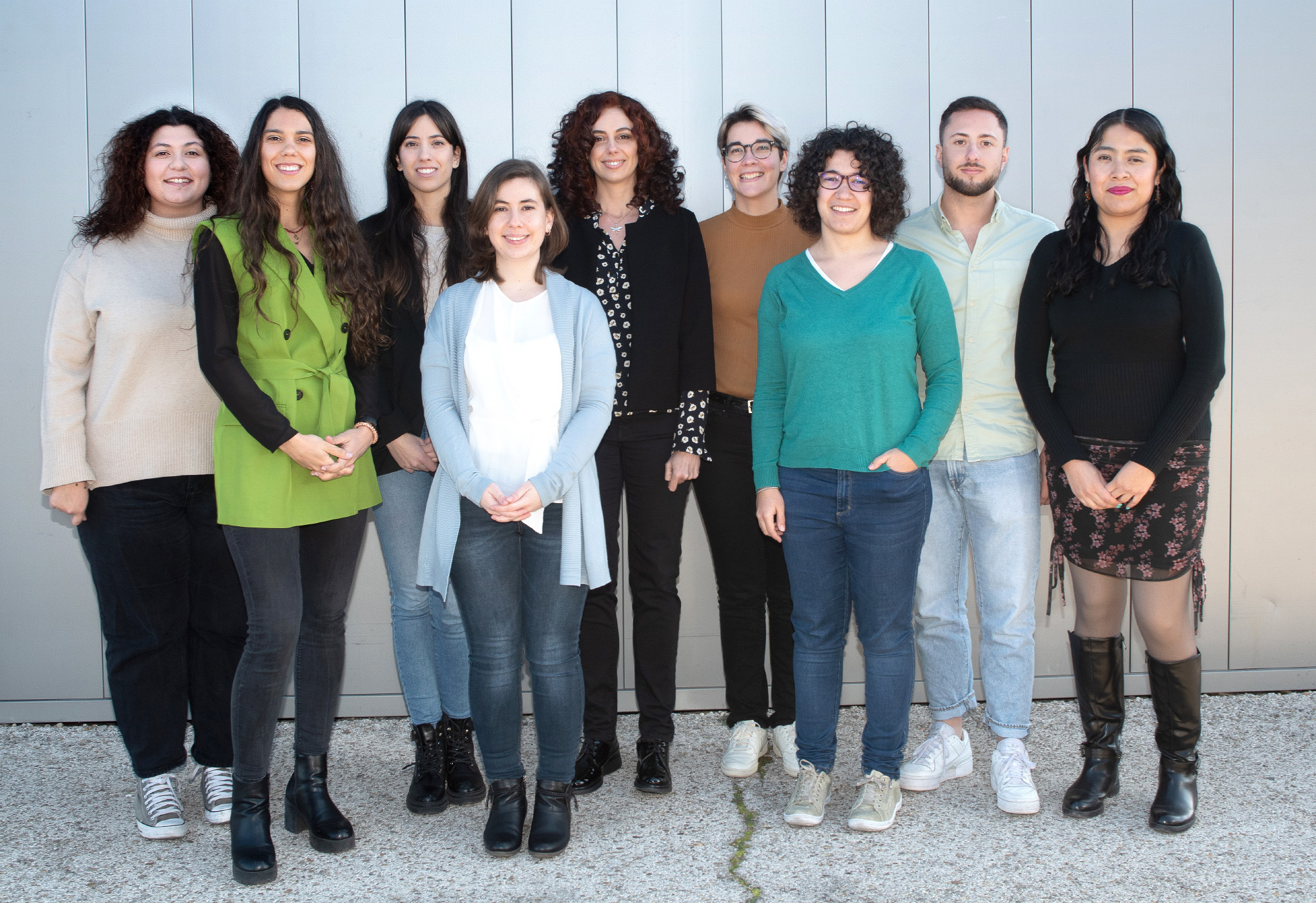
| Last name | Name | Laboratory | Ext.* | Professional category | |
|---|---|---|---|---|---|
| Alonso Moreno | Marta | 206 | 4533 | marta.alonso(at)cbm.csic.es | M3 Predoc.formación |
| Gallardo Caballero | Marta | 206 | 4533 | Titulado Sup. Actividades Tecn. y Prof.GP1 | |
| Llorens Martín | María Victoria | 206 | 4632 | mllorens(at)cbm.csic.es | E. Investigadores Científicos de Organismos Públicos |
| Márquez Valadez | Berenice | 206 | 4533 | Titulado Sup.Inv.y Laboratorio | |
| Molina Hernández | Javier | 206 | 4533 | jmolina(at)cbm.csic.es | Titulado Sup.de Actividades Técn. y Profes. GP1 |
| Moreno Jiménez | Elena | 206 | 4533 | elena.moreno(at)cbm.csic.es | M3 |
| Prádanos Senén | Ana Victoria | 206 | 4533 | apradanos(at)cbm.csic.es | Ayudante Investigación |
| Rodríguez Moreno | Carla | 206 | 4533 | carla.rodriguez(at)cbm.csic.es | M3 |
Relevant publications:
- [1] Impact of neurodegenerative diseases on human adult hippocampal neurogenesis. Terreros-Roncal J, Moreno-Jiménez EP, Flor-García M, Rodríguez-Moreno CB, Trinchero MF, Cafini F, Rábano A, Llorens-Martín M. SCIENCE. 2021 Nov 26;374(6571):1106-1113. PMID: 34672693.
- [2] GSK-3β S9A overexpression leads murine hippocampal neural precursors to acquire an astroglial phenotype in vivo. Flor-García M, Ávila J, Llorens-Martín M. Developmental Neurobiology. 2021 Jul;81(5):710-723. PMID: 33955712
- [3] Evidences for Adult Hippocampal Neurogenesis in Humans. Moreno-Jiménez EP, Terreros-Roncal J, Flor-García M, Rábano A, Llorens-Martín M. J Neurosci. 2021 Mar 24;41(12):2541-2553. PMID: 33762406
- [4] Unraveling human adult hippocampal neurogenesis. Flor-García M*; Terreros-Roncal J*; Moreno-Jiménez E.P*; Ávila J; Rábano A; Llorens-Martín M. Nature Protocols, In press.
- [5] Adult hippocampal neurogenesis is abundant in neurologically healthy subjects and drops sharply in Alzheimer´s disease patients. Moreno-Jiménez E.P; Flor-García M; Terreros-Roncal J; Rábano A, Cafini F, Pallas-Bazarra N, Ávila J, Llorens-Martín M. Nature Medicine. 2019 Apr, 25(4):554-60. PMID: 30911133.
- [6] Activity-dependent reconnection of adult-born dentate granule cells in a mouse model of frontotemporal dementia. Terreros-Roncal J; Flor-García M*; Moreno-Jiménez EP*; Pallas-Bazarra N*; Rábano A; Sah N; van Praag H; Giacomini D; Schinder AF; Ávila J; Llorens-Martín M. The Journal of Neuroscience. 2019 Jul 17;39(29):5794-5815.
- [7] Maturation dynamics of the axon initial segment (AIS) of newborn dentate granule cells in young adult C57BL/6J mice. Bolós M, Terreros-Roncal J, Perea JR, Pallas-Bazarra N, Ávila J, Llorens-Martín M. The Journal of Neuroscience. 2019 Jan 16. pii: 2253-18. PMID: 30651327.
- [8] Soluble Tau has devastating effects on the structural plasticity of hippocampal granule neurons. Bolós M; Pallas-Bazarra N; Terreros-Roncal J; Perea JR; Jurado-Arjona J, Ávila J; Llorens-Martín M. Translational Psychiatry.
- [9] Absence of microglial CX3CR1 impairs the synaptic integration of adult-born hippocampal granule neurons. Bolós M; Perea JR; Terreros-Roncal J; Pallas-Bazarra N; Jurado-Arjona J, Ávila J; Llorens-Martín M. Brain Behav Immun. 2017 Oct 7. pii: S0889-1591(17)30455-5.
- [10] GSK-3β overexpression alters the dendritic spines of developmentally generated granule neurons in the mouse hippocampal dentate gyrus. Pallas-Bazarra N, Kastanauskaite A, Avila J, DeFelipe J, Llorens-Martín M. Frontiers in Neuroanatomy. 2017 Mar 10;11:18.
- [11] Novel function of Tau in regulating the effects of external stimuli on adult hippocampal neurogenesis. Pallas-Bazarra N, Jurado-Arjona J, Navarrete M, Esteban JA, Hernández F, Ávila J, Llorens-Martín M. EMBO J. 2016 Jul 1; 35 (13) :1417 - 36.
- [12] Llorens-Martín M, Fuster-Matanzo A, Teixeira CM, Jurado-Arjona J, Ulloa F, Defelipe J, Rábano A, Hernández F, Soriano E, Avila J. GSK-3β overexpression causes reversible alterations on postsynaptic densities and dendritic morphology of hippocampal granule neurons in vivo. Mol Psychiatry. 2013 Apr;18(4):451-60.
Doctoral theses and Master Final dissertation projects:
- Noemí Pallas Bazarra. “Estudio del papel de la proteína Tau en la modulación de la neurogénesis hipocampal adulta”. Universidad Autónoma de Madrid. Julio-2015. Calificación: Sobresaliente Cum Laude. Premio PINP CBMSO 2017.
- Miguel de la Flor García. Trabajo Fin de Máster. Universidad Autónoma de Madrid. 2018.
- Héctor Cañeque Rufo. Trabajo de Fin de Grado. Universidad Autónoma de Madrid. 2019.
- Héctor Cañeque Rufo. Trabajo de Fin de Máster. Universidad Autónoma de Madrid. 2020.
- Laura Álvarez. Trabajo de Fin de Grado. Universidad Autónoma de Madrid. 2021.
Current supervision of Ph.D. and M.Sc. Projects:
- Julia Terreros-Roncal (Estudiante de doctorado. Universidad Autónoma de Madrid)
- Elena Moreno Jiménez (Estudiante de doctorado. Universidad Autónoma de Madrid)
- Miguel de la Flor García (Estudiante de doctorado. Universidad Autónoma de Madrid)
- Marta Gallardo Caballero (Estudiante de doctorado. Universidad Autónoma de Madrid)
Funding:
- ERC Consolidator Grant 2020 (European Commission) (2021-2026)
- The Alzheimer´s Association (USA) (Alzheimer Association RAPID Grant 2021-2022).
- The Alzheimer´s Association (USA) (Alzheimer Association Research Grant 2018-2021).
- The Alzheimer´s Association (USA) (New Investigator Research Grant 2015-2017).
- The Association for Frontotemporal Dementia (Basic Science Pilot Grant Award 2016-2017).
- - Spanish Ministry of Economy and Competitiveness (Programa Estatal I+D+i orientada a los retos de la sociedad, 2021-2024).
- Spanish Ministry of Economy and Competitiveness (Contrato Ramón y Cajal, 2017-2021)
- Spanish Ministry of Economy and Competitiveness (Programa Estatal I+D+i orientada a los retos de la sociedad, 2018-2020).
- Spanish Ministry of Economy and Competitiveness (Subvenciones para la promoción de empleo joven e Implantación de la garantía juvenil en I+D+i 2018, 2019-2021)
- Comunidad de Madrid, Programa de Garantía de Empleo Juvenil (2018-2019).







